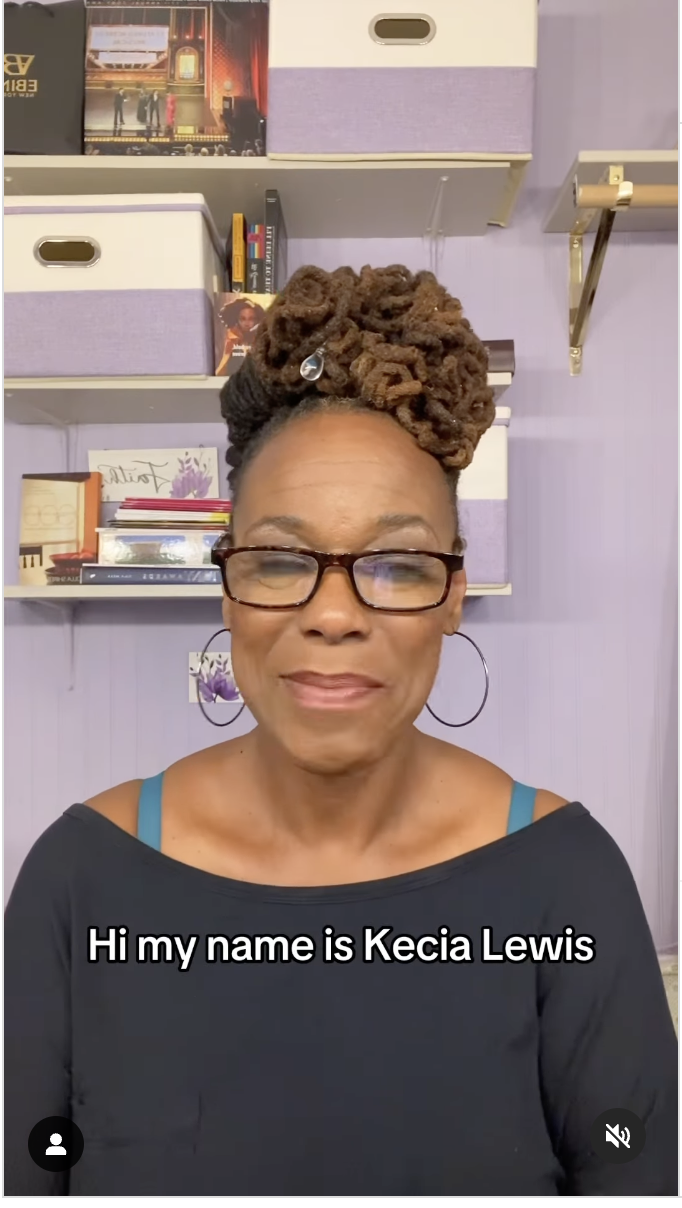
Watch how Kecia Lewis talks about what microaggressions are and how the impact is harmful, regardless of the intention. Here's the link to the article in Variety and her her video on instagram.
Kecia Lewis won a Tony this year for her performance as Miss Liza Jane in “Hell’s Kitchen”. She began her open letter to LuPone by specifying that the message is “not from the cast or crew or producers of ‘Hell’s Kitchen.’ I am speaking for Kecia Lewis only.” Lewis went on to note “a couple of situations that have gone on in the last few weeks” involving LuPone. “The first one is that you contacted our theater owner about changing a couple of our sound cues because you found them to be too loud,” she said. “You also, after our sound design was adjusted, sent flowers to our sound and stage management team thanking them.”
Lewis’ video message cut to a clip of LuPone refusing to sign a fan’s “Hell’s Kitchen” playbill because the musical is “too loud.” “I wanted to address this because, Ms. LuPone, these actions, in my opinion, are bullying. They’re offensive, they are racially microaggressive, they’re rude, they’re rooted in privilege. And these actions also lack a sense of community and leadership for someone as yourself, who has been in the business as long as you have.”
Lewis continued, “I want to explain what a microaggression is. These are subtle, unintentional comments or actions that convey stereotypes, biases or negative assumptions about someone based on their race. Microaggressions can seem harmless or minor, but can accumulate and cause significant stress or discomfort for the recipient. Examples include calling a Black show loud in a way that dismisses it. In our industry, language holds power and shapes perception, often in ways that we may not immediately realize. Referring to a predominantly Black Broadway show as loud can unintentionally reinforce harmful stereotypes, and it also feels dismissive of the artistry and the voices that are being celebrated on stage.”
This is a powerful example of how to speak up against microaggressions.
We concur with Ms. Lewis - and also Dr. Derald Wing Sue, in our course, Disarming Microaggressions, with whom we collaborated.
We concur with Ms. Lewis - and also Dr. Derald Wing Sue, in our course, Disarming Microaggressions, with whom we collaborated.

